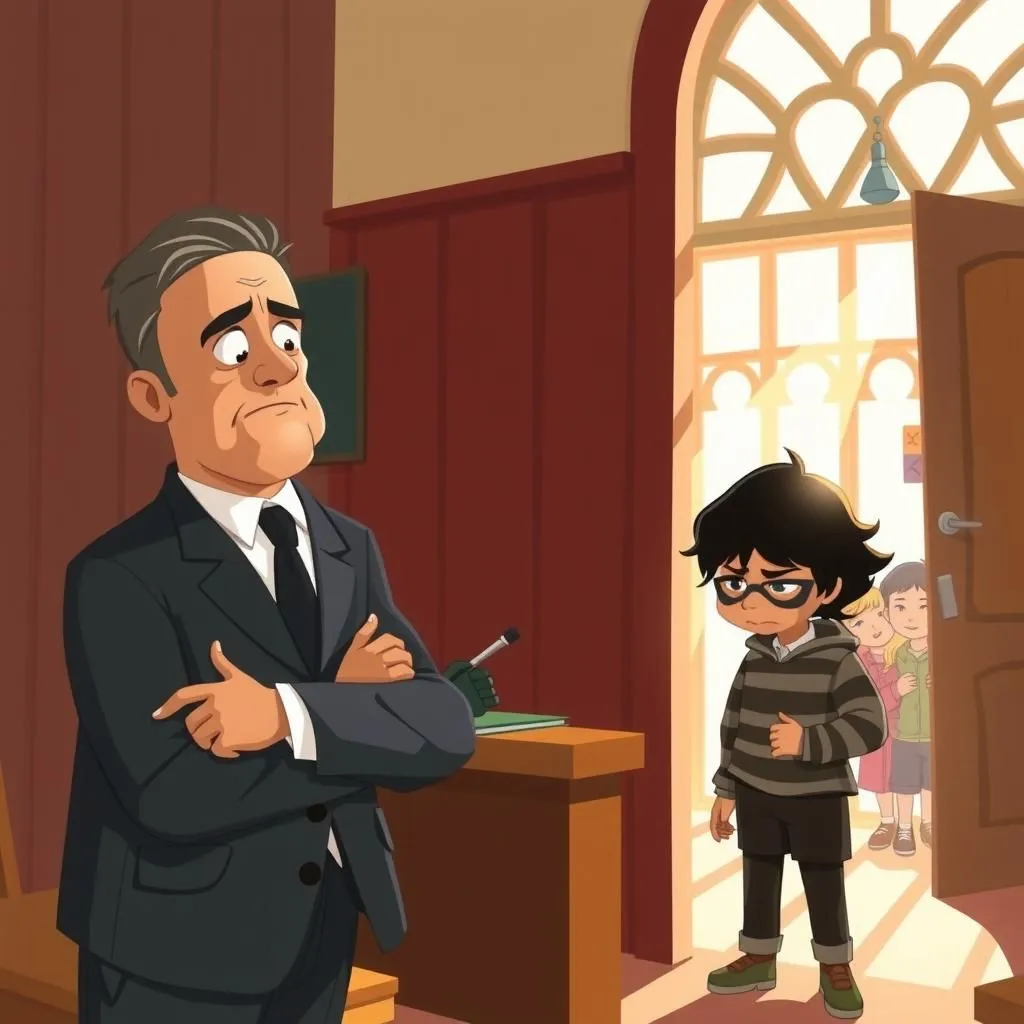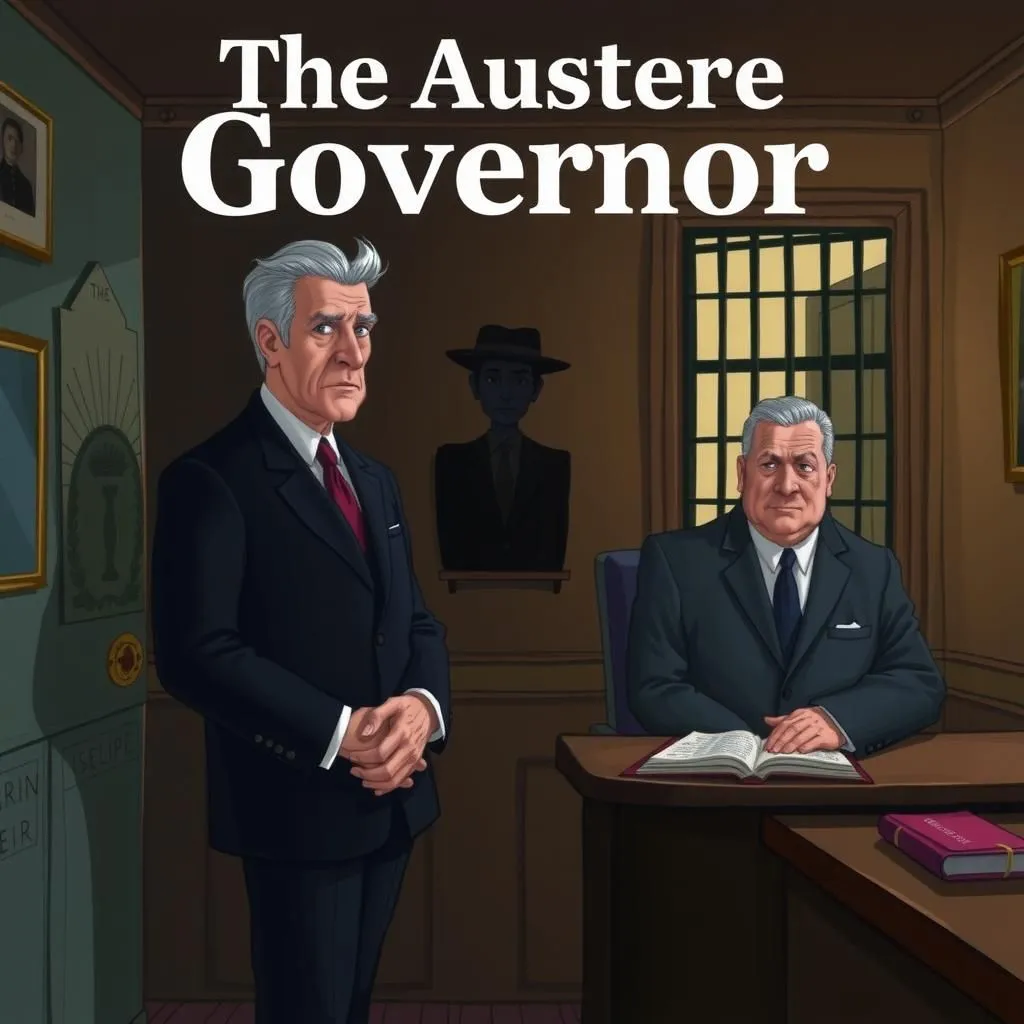
The Kingdom of the Lion
In "The Kingdom of the Lion," a just and gentle Lion unites the beasts of the field and forest with a proclamation for a universal league, promising peace among all creatures, regardless of their strength. However, the instinctive fear of the Hare, who longs for safety yet flees in terror, underscores the challenges of true coexistence and highlights the moral complexities in this simple short story. This entertaining moral tale serves as a poignant reminder of the difficulties in achieving harmony, making it a fitting read for class 7.


